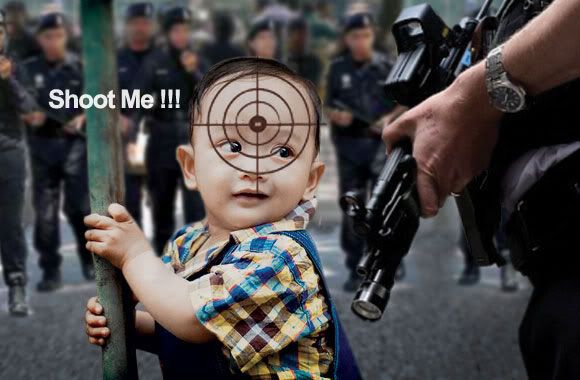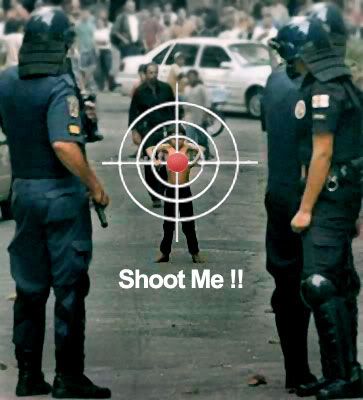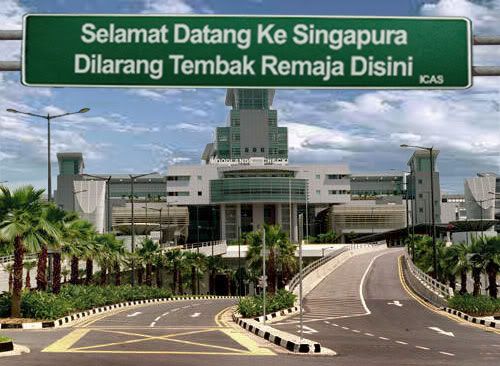By FMT Staff
KUALA LUMPUR: A former top official at MIC's education arm, P Chitrakala Vasu, is expected to be charged tomorrow at the Jalan Duta courts for alleged disappearance of funds or cheating.
It is learnt that she was called up by the Bukit Aman Commercial Crimes division this afternoon to be arrested after a go ahead was given by the Attorney-General's Chambers.
She was then released on police bail and told to be present at the court tomorrow morning.
It could not be immediately ascertained how many charges and what types of charges Chitrakala will face tomorrow.
Chitrakala, a former blue-eyed girl of MIC president S Samy Vellu, had a fallout with the veteran leader following alleged misappropriation of funds from the Maju Institute of Educational Development.
She was the chief executive officer of MIED, an education arm of MIC which was involved in giving out scholarships for needy Indian students as well as the main body which oversaw the party's Aimst University.
Last year Samy Vellu said a top MIED official had been identified as being responsible for missing RM5.26 million from MIED.
The party had then lodged a police report over the missing funds as well as missing MIED files.
This was the followed by the removal of the party's long serving treasurer M Mahalingam, who was a MIED cheque signatory.
Chitrakala was subsequently investigated by the Commercial Crimes division and her bank accounts were frozen by the police pending investigations.
She had claimed that she had not taken any money from MIED and attributed political motives for the way she was removed as MIED chief executive officer.
KUALA LUMPUR: A former top official at MIC's education arm, P Chitrakala Vasu, is expected to be charged tomorrow at the Jalan Duta courts for alleged disappearance of funds or cheating.
It is learnt that she was called up by the Bukit Aman Commercial Crimes division this afternoon to be arrested after a go ahead was given by the Attorney-General's Chambers.
She was then released on police bail and told to be present at the court tomorrow morning.
It could not be immediately ascertained how many charges and what types of charges Chitrakala will face tomorrow.
Chitrakala, a former blue-eyed girl of MIC president S Samy Vellu, had a fallout with the veteran leader following alleged misappropriation of funds from the Maju Institute of Educational Development.
She was the chief executive officer of MIED, an education arm of MIC which was involved in giving out scholarships for needy Indian students as well as the main body which oversaw the party's Aimst University.
Last year Samy Vellu said a top MIED official had been identified as being responsible for missing RM5.26 million from MIED.
The party had then lodged a police report over the missing funds as well as missing MIED files.
This was the followed by the removal of the party's long serving treasurer M Mahalingam, who was a MIED cheque signatory.
Chitrakala was subsequently investigated by the Commercial Crimes division and her bank accounts were frozen by the police pending investigations.
She had claimed that she had not taken any money from MIED and attributed political motives for the way she was removed as MIED chief executive officer.





 Police corporal Jenain Subi, 48, was charged at the Shah Alam Sessions Court about 12pm, and has claimed trial to the charge under Section 304A of the Penal Code of causing death by negligence.
Police corporal Jenain Subi, 48, was charged at the Shah Alam Sessions Court about 12pm, and has claimed trial to the charge under Section 304A of the Penal Code of causing death by negligence.
 By Stephanie Sta Maria - Free Malaysia Today
By Stephanie Sta Maria - Free Malaysia Today Phil Robertson: There are standards to be met to ensure that the candidates don't get a free ride to the council. These standards are outlined in the UN General Assembly resolution which states that members of the Human Rights Council shall “uphold the highest standards in the promotion and protection of human rights” and “fully cooperate with the cCouncil.”
Phil Robertson: There are standards to be met to ensure that the candidates don't get a free ride to the council. These standards are outlined in the UN General Assembly resolution which states that members of the Human Rights Council shall “uphold the highest standards in the promotion and protection of human rights” and “fully cooperate with the cCouncil.” By FMT Staff
By FMT Staff According to Khalid, the fact that worshippers at the Sacred Heart Church had welcomed PAS leaders showed their interest in knowing more about Pakatan.
According to Khalid, the fact that worshippers at the Sacred Heart Church had welcomed PAS leaders showed their interest in knowing more about Pakatan.







